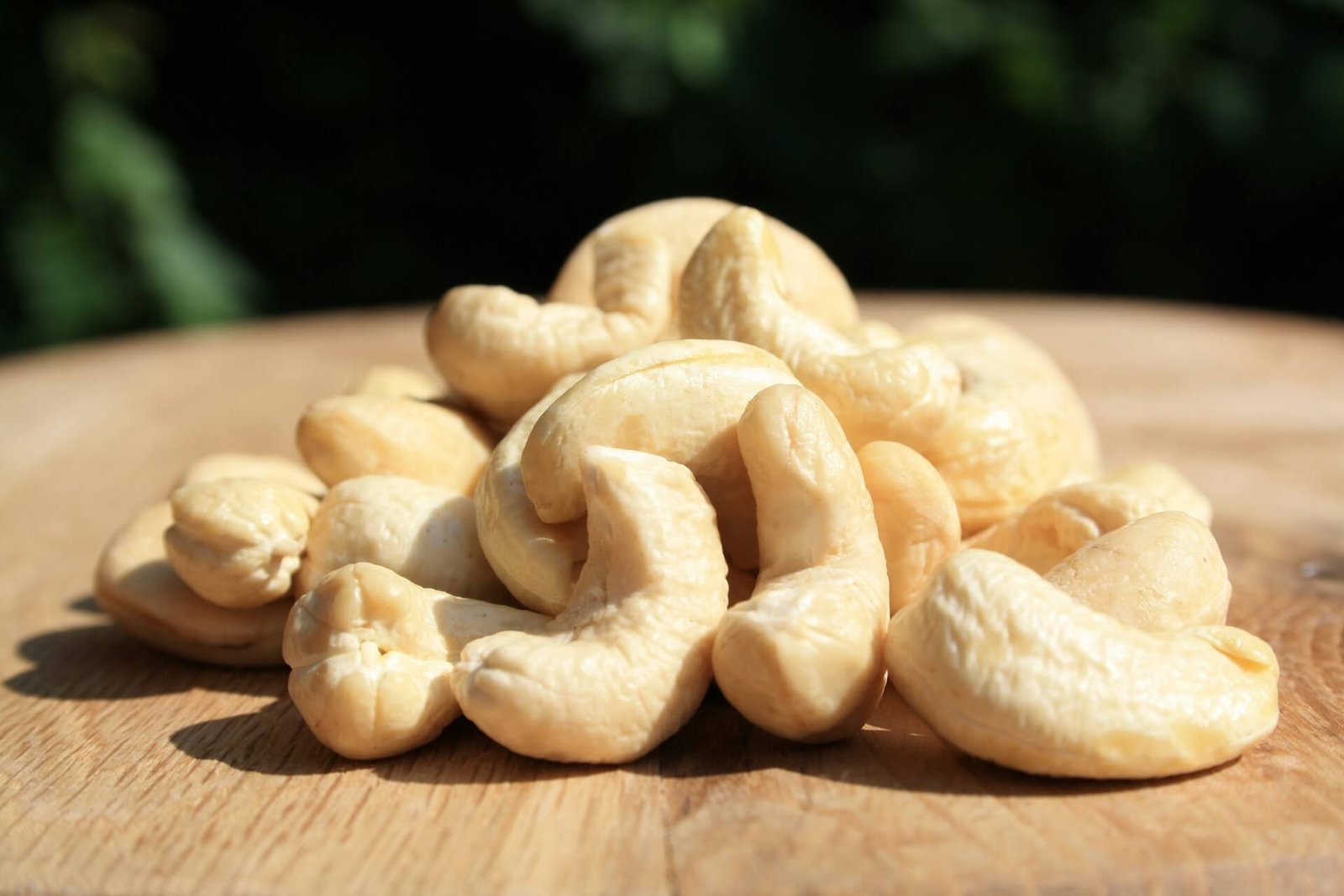Fermentation—once the exclusive domain of artisanal cheesemakers and sourdough purists—has quietly emerged as the cornerstone technique transforming plant-based cuisine from mere substitution into genuine culinary artistry.
The Probiotic-Cultured Cashew Cream That’s Redefining Dairy Alternatives
At the forefront of this movement lies a deceptively simple yet sophisticated preparation: naturally cultured cashew cream cheese that achieves the complex tang and creamy mouthfeel that has long eluded plant-based alternatives. Unlike commercial vegan cream cheeses that rely on stabilizers and artificial acidulants, this technique harnesses live probiotics to develop authentic fermented flavors through controlled bacterial cultivation.
Culinary Concept: The innovation lies in applying traditional cheesemaking principles to cashew proteins. By introducing specific probiotic strains—typically Lactobacillus acidophilus—to a precise cashew-to-water ratio, home practitioners create an environment where beneficial bacteria consume natural sugars, producing lactic acid that mirrors the development process of traditional dairy cheeses.
Ingredient Spotlight: The technique demands premium raw cashews with their natural oils intact, preferably from single-origin sources that provide consistent protein content. The fermentation catalyst typically employs either high-quality probiotic capsules or, for advanced practitioners, raw kombucha or rejuvelac as the bacterial starter. Sea salt serves both as a flavor enhancer and natural preservative that controls the fermentation environment.
Technique Highlight: The critical advancement over previous methods involves temperature-controlled fermentation lasting 12 to 24 hours at 68-72°F. This slow development allows complex flavor compounds to emerge while maintaining the cashews’ natural sweetness, creating a product that exhibits the characteristic sharp notes of aged cheese without overwhelming funkiness.
Professional Attribution: This refined approach draws from the work of innovative plant-based chefs who have adapted traditional fermentation wisdom for modern kitchens. The technique has gained recognition among culinary professionals seeking authentic flavors rather than mere approximations.
Accessibility Notes: The preparation requires 8 hours of cashew soaking, active preparation time of 15 minutes, and 12-24 hours of passive fermentation. Essential equipment includes a high-powered blender and sterilized glass containers. The skill level remains accessible to serious home cooks familiar with basic fermentation principles.
Culinary Applications: Professional kitchens are incorporating this cultured cashew base into everything from sophisticated bagel spreads enhanced with fresh herbs to complex sauces that provide the umami depth traditionally achieved through dairy. The cream’s neutral pH after fermentation makes it particularly suitable for both sweet and savory applications, allowing chefs to build layered flavor profiles.
Value-Added Professional Insight: The key to achieving restaurant-quality results lies in controlling moisture content during fermentation. Professional technique involves wrapping the cashew mixture in cheesecloth and allowing it to drain slightly during the culturing process, concentrating flavors while preventing the watery separation that often plagues homemade attempts. This approach produces a cream cheese with the ideal spreading consistency and clean finish that discerning palates expect from premium dairy alternatives.
This technique represents more than ingredient substitution—it demonstrates how plant-based cuisine continues to develop its own sophisticated methodologies that honor traditional culinary principles while advancing modern nutritional understanding.
Discover more from Lifestyle Record
Subscribe to get the latest posts sent to your email.

